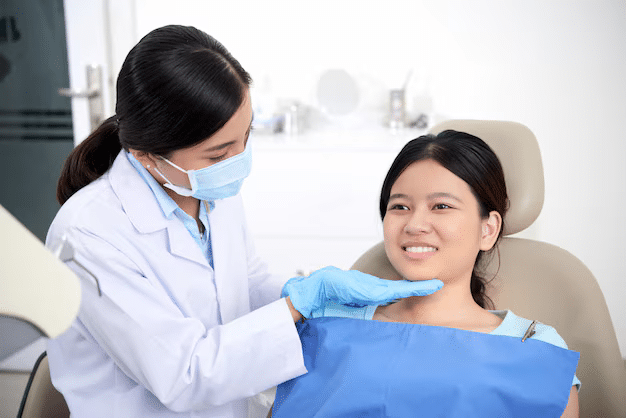Women’s health encompasses a wide range of medical, social, and psychological issues unique to women throughout their lifespan. Key areas of focus in women’s health include:
Reproductive Health:
This includes menstrual health, contraception, fertility, pregnancy, childbirth, and menopause. It involves regular gynecological exams, Pap smears, HPV screenings, breast exams, and counseling on family planning options.
Breast Health:
Breast cancer screening, including mammograms and clinical breast exams, is crucial for early detection and treatment. Additionally, breast self-exams and education on breast health and risk factors are essential components of women’s health care.
Bone Health:
Women are at a higher risk of developing osteoporosis, a condition characterized by weakened bones. Prevention and management strategies include adequate calcium and vitamin D intake, weight-bearing exercises, bone density testing, and medication when necessary.
Cardiovascular Health:
Heart disease is a leading cause of death among women. Preventive measures include regular physical activity, a heart-healthy diet, blood pressure and cholesterol monitoring, smoking cessation, and awareness of heart attack symptoms.
Cancer Screening:
In addition to breast cancer, women should undergo screenings for cervical cancer (Pap smears), ovarian cancer (pelvic exams and imaging studies in high-risk individuals), and colorectal cancer (colonoscopies).
Sexual and Reproductive Rights:
Access to comprehensive sexual and reproductive health services, including contraception, prenatal care, abortion care, and treatment for sexually transmitted infections, is essential for women’s health and autonomy.
Mental Health:
Women are disproportionately affected by mental health conditions such as depression, anxiety, and eating disorders. Access to mental health services, support groups, and counseling can help address these issues and promote emotional well-being.
Preventive Care:
Regular health screenings, vaccinations (e.g., HPV vaccine), and lifestyle modifications are vital for preventing diseases and maintaining overall health. This includes maintaining a healthy weight, eating a balanced diet, exercising regularly, avoiding smoking and excessive alcohol consumption, and managing stress.
Reproductive Rights and Health Equity:
Women’s health is closely linked to social determinants such as access to healthcare, education, socioeconomic status, and discrimination. Advocacy for reproductive rights, gender equity, and access to quality healthcare services is essential for improving women’s health outcomes globally.
By addressing these key areas and promoting preventive care, education, and access to healthcare services, women can achieve optimal health and well-being at every stage of life.






